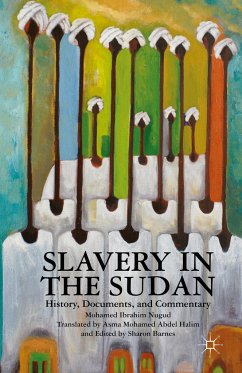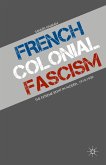This groundbreaking study offers a rare window into the history of slavery in the Sudan, with particular attention to the relationships between slaves and masters. Thoroughly documented, it provides valuable context to current issues of global concern and combats persistent myths about African slavery.
'The late Mohamed Ibrahim Nugud wrote a book on slavery in the Sudan the like of which had not seen the shelves of any Sudanese library, and for that matter, of any library. It is as thorough and provocative as it is honest, self-deprecating, and readable. The editors have succeeded in ably rendering into English not only the author's complex and challenging ideas but also his clever nuance and palatable eccentricity. Slavery in the Sudan is an encyclopedic work no self-respecting library anywhere in the world should be without.' - Ismail H. Abdalla, Professor Emeritus, The College of William and Mary in Virginia








